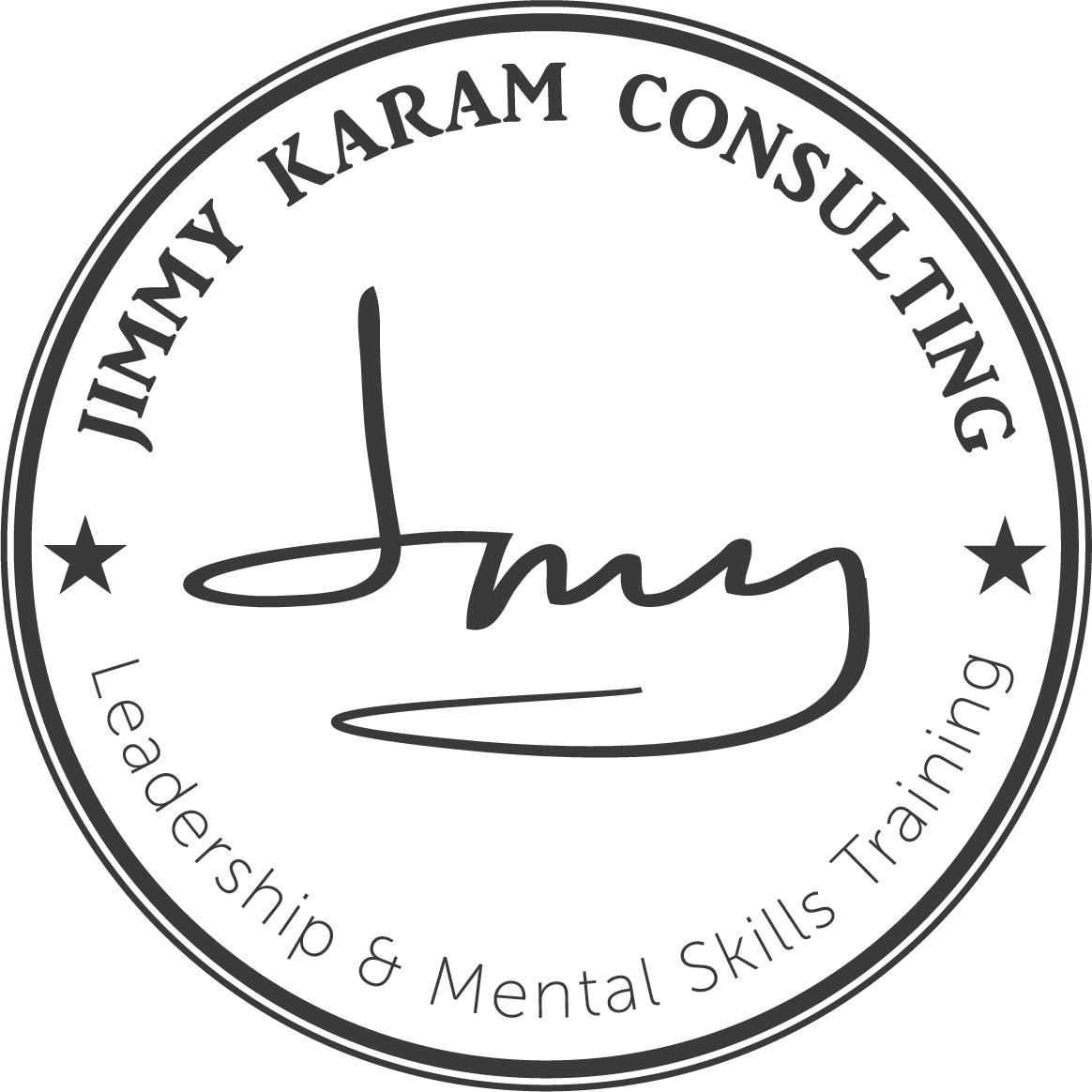Self-Confidence vs Being Confident. What is the difference?
Being confident is a feeling. Feeling confident is a positive emotion tied to one’s ability to accomplish a specific task. The opposite of feeling confident is feeling uncertain.
We are using the term Self-Confidence in a much deeper context.
Self-Confidence is a Belief System.
It is a Belief System that we can deliberately train young athletes to consistently improve upon as with any other physical or mental skill.
So far, we have identified Self-Confidence in terms of previous experience and from observations of others.
The third element of Self-Confidence has to do with how we interpret our emotions as well as our physical sensations.
We’ve all heard about the athlete who gets so physically ill before a game that they end up puking into a trash can. Many would look at the scenario and empathize with the level of anxiety that appears to overwhelm the athlete. We can all see this athlete is throwing up (physical sensation) and infer they are feeling a great deal of anxiety (emotion).
No matter what the physical sensation or emotion the athlete is experiencing, the key to Self-Confidence is how the athlete interprets those physical sensations and emotions. If the experience is interpreted as a negative one, then their Self-Confidence will decrease. Conversely, if they interpret the experience as a positive one, then their Self-Confidence will increase.
Again, it has nothing to do with the intensity of the physical sensation or emotion, but rather how the athlete interprets them.
So how do we help them with acquiring positive interpretations?
We can start by helping them with perspective and response. Teach them the behaviors of others is not their fault; teach them how to problem solve, and to understand the difference between an event occurring to them and their response.
In fact, there are a number of techniques that sports psychologist and CMPCs use to help athletes self-regulate their anxiety and many other types of negative thought patterns that may occur before, during, and after competition.
I’ll discuss one of the many in my next post, commonly known as Self-Talk.
Jimmy Karam, CMPC
